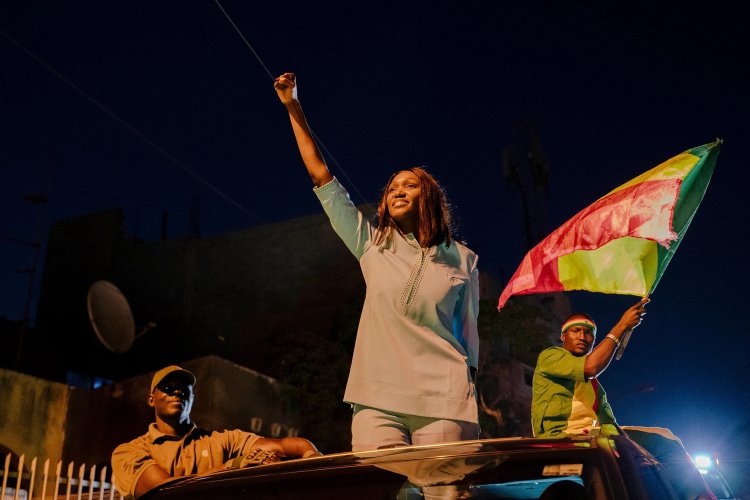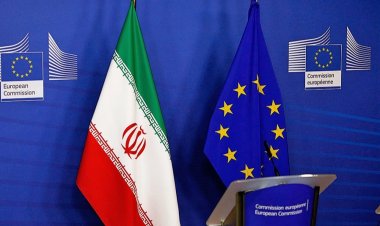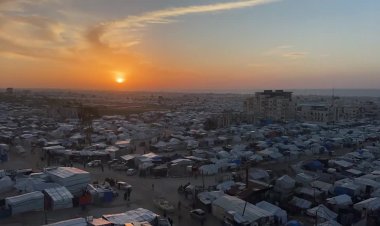Senegal's Historic Presidential Race

A cacophony of horns and cheers erupted as the only woman standing in Senegal's presidential election emerged from the sunroof of her SUV in the outskirts of the capital Dakar.
Anta Babacar Ngom was on her third day of the campaign trail and, like the other 18 candidates in the race, she has less than two weeks to win over voters.
The normal 21-day campaign period has been cut short by a week after a last-minute change to the electoral calendar.
President Macky Sall finally set the election date of March 24 following weeks of turmoil triggered by his postponement of the vote originally planned for February.
The campaign period started and ended at midnight on March 22, leaving candidates scrambling to readjust their strategies to fit the accelerated timetable.
"Call me the women's candidate, call me the woman candidate, I fully embrace it. But I am the candidate of all Senegalese," Ngom said.
"It's extremely difficult," said Ngom, a political newcomer and opposition candidate.
"It requires a certain ingenuity. You have to be innovative".
The 40-year-old businesswoman runs Senegal's largest poultry company, which was founded by her father.
Her ambition is to break down barriers in Senegal's conservative society to become the country's first woman president.
"We have to ask ourselves why women don't get involved enough in politics," Ngom said.
"Perhaps because they have long been led to believe that a woman cannot be president of the Republic of Senegal. I don't believe that," she added.
Women hold 44 percent of the seats in Senegal's parliament, a record in West Africa, and Ngom is not the first woman to run for president.
But patriarchal attitudes and laws remain deeply rooted in a society strongly attached to traditional Islamic values.















